Introduction
In the complex tapestry of mental health, the relationship between sleep and depression is an intricate thread that scientists and psychologists are weaving together. As we delve into the realms of psychology, one question emerges prominently: Can depression be treated with sleep?
Let’s embark on a journey through the nuances of insomnia, its link to depression, the impact of emerging technologies on sleep tracking, and the effective treatments that might hold the key to alleviating this pervasive mental health condition.
Insomnia is Common
In the bustling landscape of modern life, the prevalence of insomnia is not uncommon. The constant hum of technology, demanding work schedules, and the ever-growing stressors in our lives contribute to a significant portion of the population experiencing difficulty in falling asleep or staying asleep. Insomnia, often regarded as a mere inconvenience, is a potential precursor to more profound mental health challenges, including depression.
Insomnia Significantly Increases the Risk of Depression:
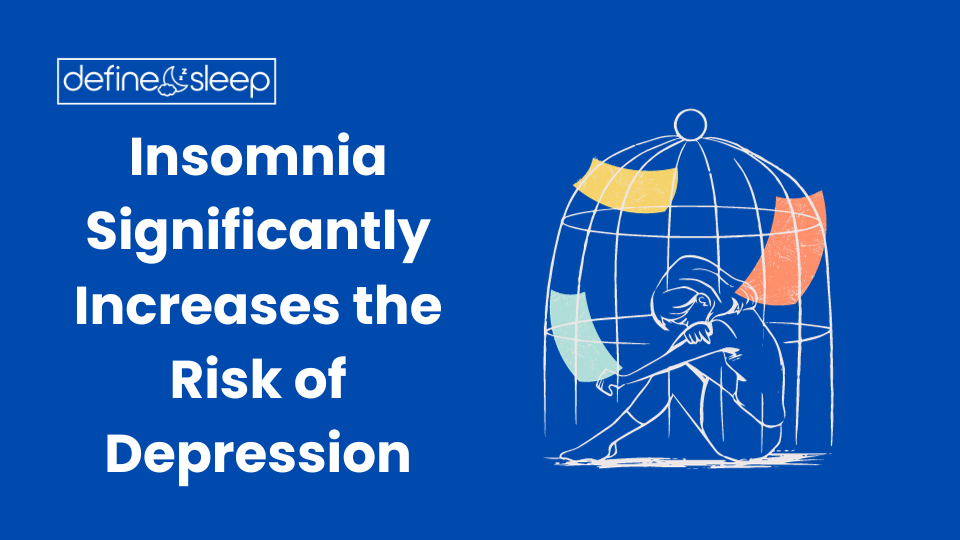
The intricate dance between sleep and mental health becomes more apparent when we explore the connection between insomnia and depression. Studies have consistently shown that individuals grappling with chronic insomnia are at a higher risk of developing depressive symptoms. The interplay between sleep quality and mental well-being is not a one-way street; it’s a dynamic relationship where each factor influences the other.
The lack of restorative sleep disrupts the delicate balance of neurotransmitters in the brain, impacting mood regulation. Sleep deprivation can contribute to a heightened emotional response to stressors, making the daily challenges of life seem more daunting. Over time, this heightened emotional sensitivity can evolve into persistent feelings of sadness, hopelessness, and despair – hallmark symptoms of depression.
Emerging Technologies Make Sleep Tracking More Accessible
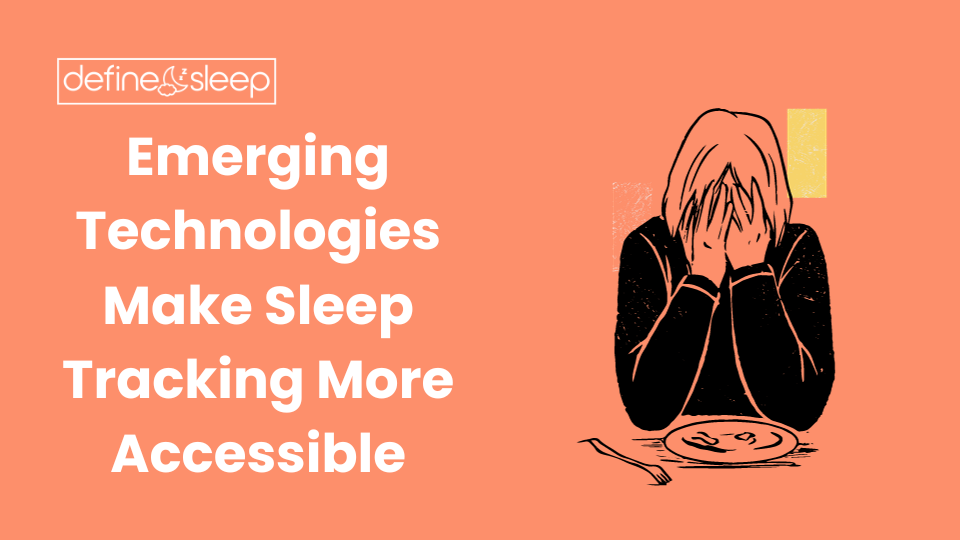
Emerging technologies have become valuable allies in the quest to understand and address the intricate link between sleep and mental health. The advent of wearable devices and smartphone apps has democratized sleep tracking, allowing individuals to monitor their sleep patterns easily.
These technologies provide valuable insights into our nightly routines, from tracking the duration and quality of sleep to assessing specific sleep stages. Understanding one’s sleep patterns is a crucial step in addressing potential sleep disturbances that may contribute to or exacerbate depression. By harnessing the power of technology, individuals can take proactive steps toward cultivating healthier sleep habits.
Effective Treatments for Insomnia are Available
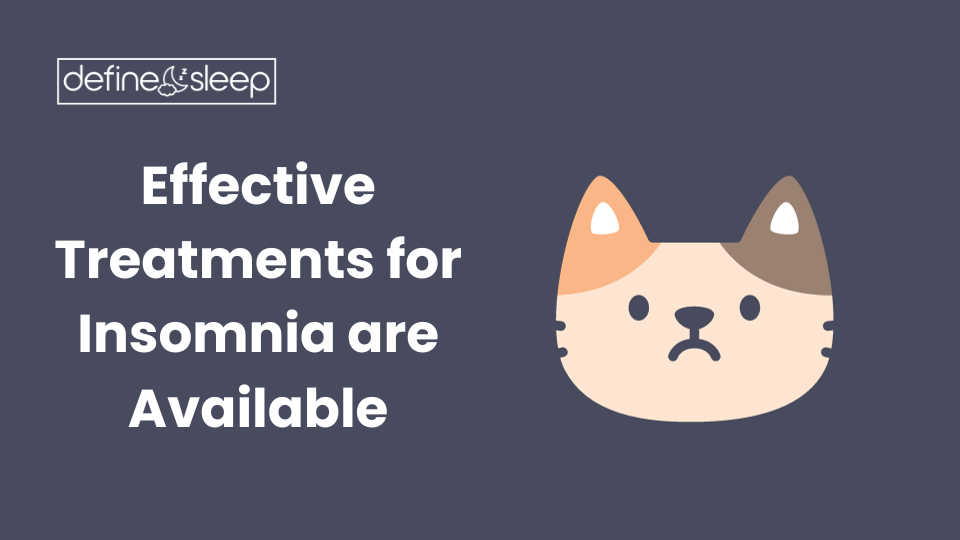
As we unravel the complexities of sleep and its impact on mental health, it’s essential to highlight that effective treatments for insomnia exist. The traditional approach of pharmaceutical interventions is one avenue, but a holistic perspective includes non-pharmacological strategies that promote healthy sleep hygiene.
Cognitive-behavioral therapy for insomnia (CBT-I) stands out as a scientifically proven and effective approach. CBT-I addresses the thoughts and behaviors that contribute to sleep difficulties, helping individuals reframe negative thought patterns and establish healthier sleep routines. By combining cognitive restructuring with sleep education, CBT-I equips individuals with the tools to overcome insomnia and, in turn, mitigate the risk of depression.
Lack of Emotional Control
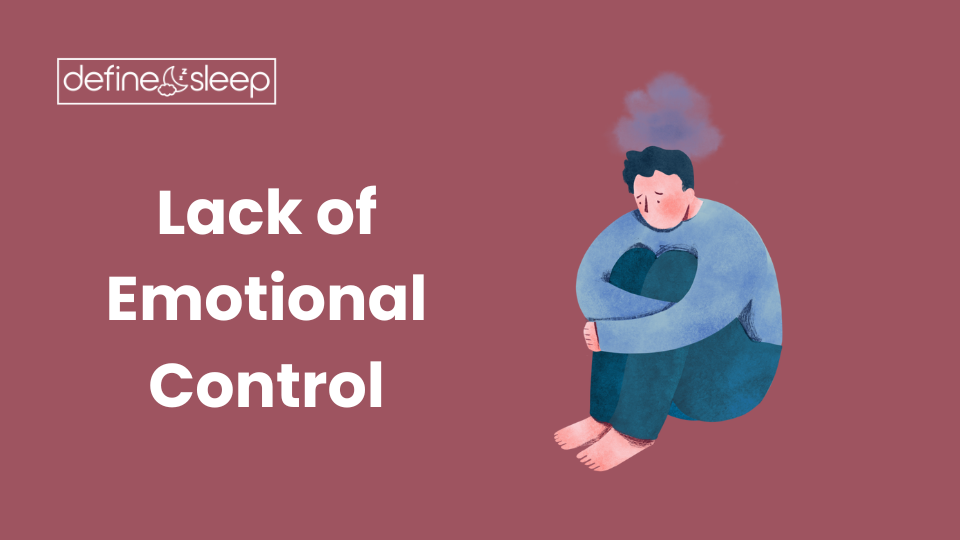
The lack of emotional control is a significant aspect intertwined with both insomnia and depression. Sleep, or the lack thereof, plays a pivotal role in regulating emotions. Adequate, restful sleep is akin to a reset button for our feelings, allowing us to approach challenges with resilience and a balanced perspective.
When sleep is disrupted, emotional regulation falters. Minor irritations can escalate into overwhelming stress, and the ability to cope with life’s uncertainties diminishes. This lack of dynamic control becomes a breeding ground for depressive symptoms. By addressing insomnia and restoring healthy sleep patterns, individuals can regain control over their emotional well-being, creating a buffer against the insidious grip of depression.
Conclusion
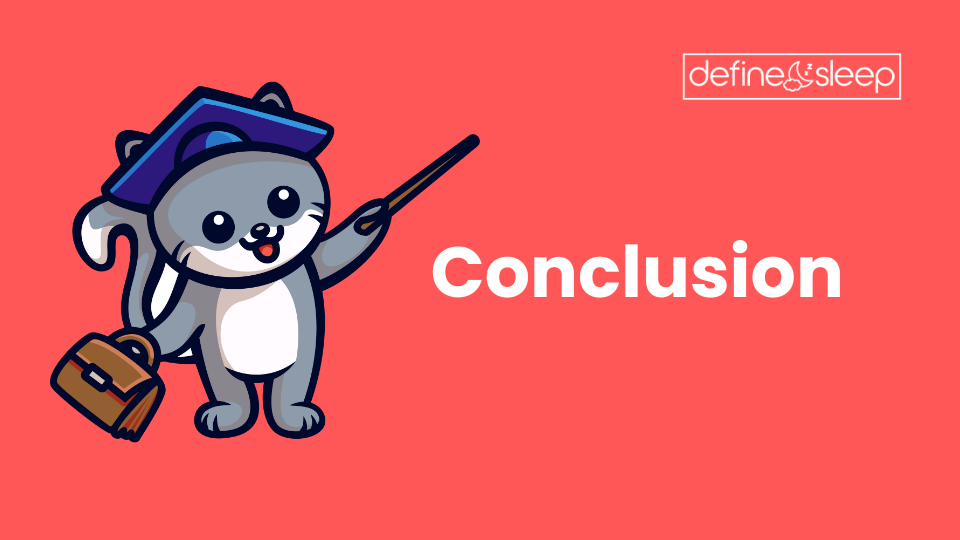
In the intricate interplay between sleep and depression, the evidence suggests that quality sleep is not merely a luxury but a fundamental pillar of mental well-being. As we navigate the demands of modern life, prioritizing and nurturing our sleep becomes a crucial component of mental health care. From recognizing the prevalence of insomnia to leveraging emerging technologies for sleep tracking and embracing effective treatments, the path to alleviating depression might begin with a good night’s sleep. It’s a holistic approach that acknowledges the symbiotic relationship between sleep and mental health, paving the way for a brighter, more rested future.
FAQ
1Q. Can Lack of Sleep Really Contribute to Depression?
Addressing the link between insufficient sleep and the increased risk of developing depressive symptoms.
2. How Does Insomnia Impact Emotional Control?
Exploring the intricate relationship between disrupted sleep patterns and the lack of emotional control and how it can be a precursor to depression.
3. Are Emerging Technologies Reliable for Sleep Tracking?
Discussing the role of wearable devices and smartphone apps in monitoring sleep patterns and their effectiveness in promoting better sleep hygiene.
4. What is Cognitive-Behavioral Therapy for Insomnia (CBT-I) and How Does It Help?
Providing insights into the non-pharmacological approach of CBT-I, its role in addressing thoughts and behaviors contributing to insomnia, and its effectiveness in mitigating the risk of depression.
5. Are There Other Effective Treatments Besides Medication for Insomnia?
Exploring alternative treatments for insomnia beyond pharmaceutical interventions and emphasizing the importance of a holistic approach to sleep health.
Help From ChatGPT4

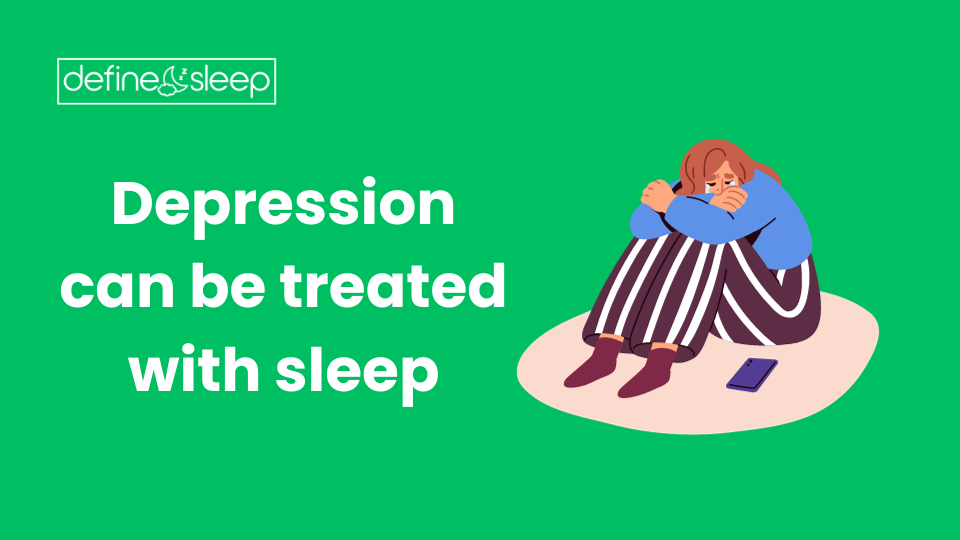
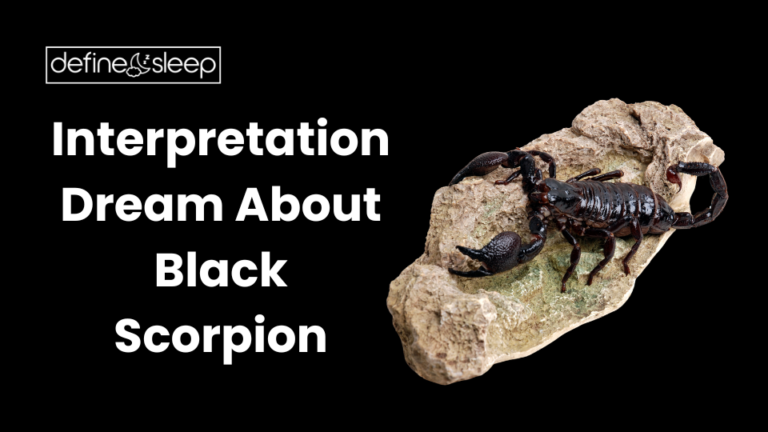

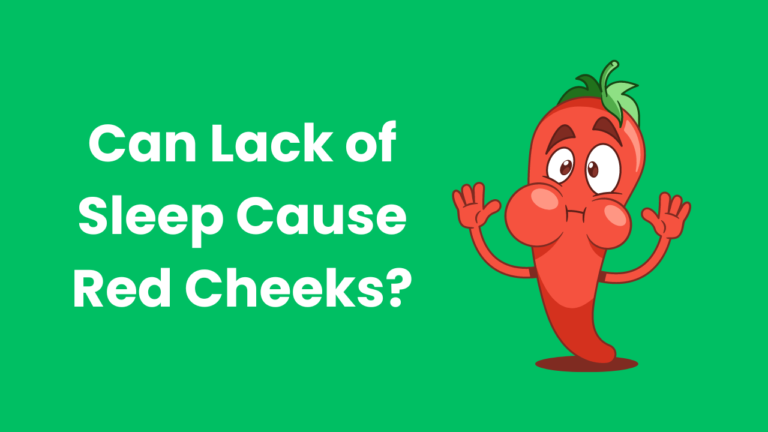
Wow wonderful blog layout How long have you been blogging for you make blogging look easy The overall look of your site is great as well as the content